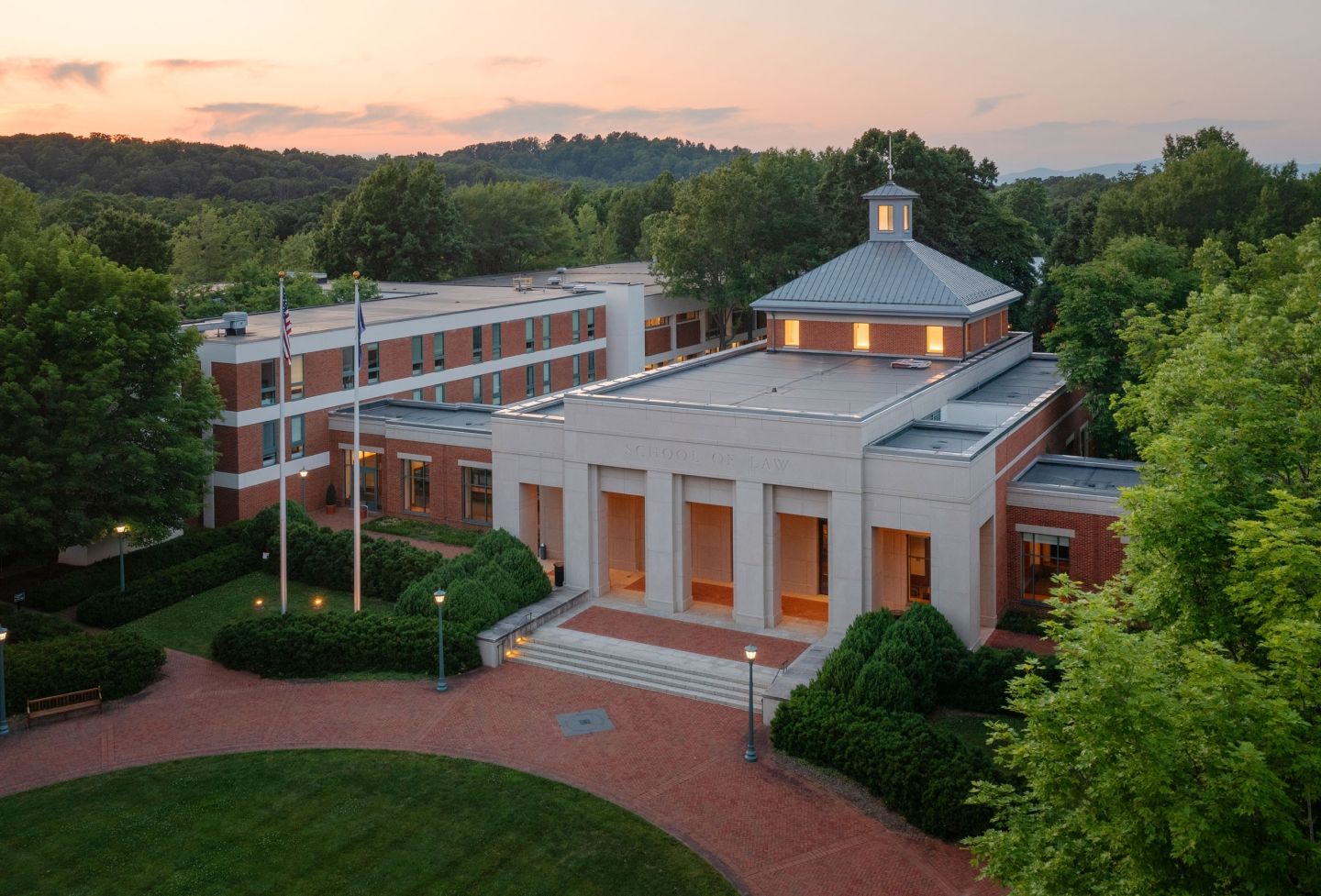The U.S. Supreme Court has agreed to hear the employment discrimination case of a woman being represented by the Supreme Court Litigation Clinic at the University of Virginia School of Law.
Clinic instructor David Goldberg said the case could have a widespread impact on how harassment lawsuits are handled across the country.
"We have a great case," Goldberg said. "You can't predict if you're going to win or lose, but we feel very good about it."
The justices are slated to hear oral arguments for Vance v. Ball State University in the fall, when one of the clinic's instructors will argue that Maetta Vance's employer can be sued for employment discrimination. Vance, who worked as a cook at Ball State University in Indiana, says she was the victim of harassment by another Ball State employee who oversaw her daily work, but who lacked the power to fire, discipline, demote or transfer her.
At issue in the case is whether the person who allegedly harassed Vance qualifies as a "supervisor" under Title VII of the 1964 Civil Rights Act.
Such workers ought to be considered supervisors, Goldberg said, because they have power over their alleged victims.
"The core of our argument is really commonsense and workplace reality," he said. "As a practical matter, harassment is in many ways more serious when it's coming from your direct, immediate supervisor who has real control over what you're doing every day than [when it comes] from somebody who is in the personnel department who has the power to terminate your employment."
In the coming weeks, Goldberg and Supreme Court Litigation Clinic director Dan Ortiz will draft the opening brief with the assistance of Virginia Law students Kirk Sosebee and Hanchang Sohn, who are both working for the clinic as summer research assistants.
Clinic students Lucas Beirne, Katie Shen and Will Sohn — all of whom graduated from the Law School in May — also contributed to the case by helping to write the petition for writ of certiorari and other important court filings.
The clinic will face Gregory Garre, a former U.S. solicitor general, who is representing Ball State University.
In 1998, the Supreme Court decided two cases, Faragher v. City of Boca Raton and Burlington Industries, Inc. v. Ellerth, that found when an employee is harassed by another employee, the employer's liability depends on the status of the harassing employee.
If the harassing employee is a supervisor, then the employer is vicariously liable for harassment — almost automatically — if some adverse job action was taken against the victim, such as a firing or a demotion.
If no adverse job action is taken, the employer can still be vicariously liable for harassment by a supervisor but the company could be protected if it demonstrated that it had taken steps to prevent harassment, such as a sexual harassment policy and a complaint procedure for harassment.
If the harassing employee is not the victim's supervisor, then the employer is normally not liable, unless the victim can prove that the employer was somehow at fault, such as by being negligent in following up on complaints.
"Basically for co-workers, you have to show fault, like negligence," Ortiz said. "For supervisors, you don't."
The question at the center of Vance's case, he said, is who counts as a supervisor.
"Our client claims that she was harassed by another employee who supervised her day-to-day work assignments, but that person did not have the power to fire her," Ortiz said. "So the question is, was that person her supervisor? If that person is a supervisor, then it's much more likely that the employer would be liable for the actions."
"If, on the other hand, the [alleged harasser] was a mere co-worker, then the hurdle is much higher," he continued. "And then our client would have to prove that the employer was negligent or somehow otherwise at fault."
The lower courts have disagreed in their interpretation of the so-called "supervisor liability rule." Some of the federal courts of appeals have taken the position that only those employees who can fire, demote or reassign should be considered supervisors. Other circuit courts have found that workers who oversee a victim's day-to-day duties may also be considered supervisors.
"It's a choice between two pretty clear standards," Ortiz said. "Our client's case came up in the 7th Circuit, which takes a restrictive view. If her case had come up in the 2nd Circuit, the 9th Circuit or the 4th Circuit, the result would have been the opposite."
The case has proven riveting for the clinic's students, Ortiz said, because it involves both statutory interpretation and common law, opening the door to precedential and policy arguments.
"We're drawing on different areas of law, like agency, tort and those kinds of things," he said. "It should be fascinating."
Goldberg added that the case offers law students an "introduction to some of the most important and difficult things that lawyers have to deal with" — one person's lawsuit that might clarify anti-harassment laws for the rest of the country.
"There is a person, Maetta Vance, who's out there in Muncie, Indiana, and she's depending on us," he said. "That's a very important part of being a lawyer. That's what clinical education is all about — bridging the gap between being a law student and a lawyer."
Oral arguments in the case are expected to be held around Thanksgiving, and a decision is expected in 2013.
Founded in 1819, the University of Virginia School of Law is the second-oldest continuously operating law school in the nation. Consistently ranked among the top law schools, Virginia is a world-renowned training ground for distinguished lawyers and public servants, instilling in them a commitment to leadership, integrity and community service.


